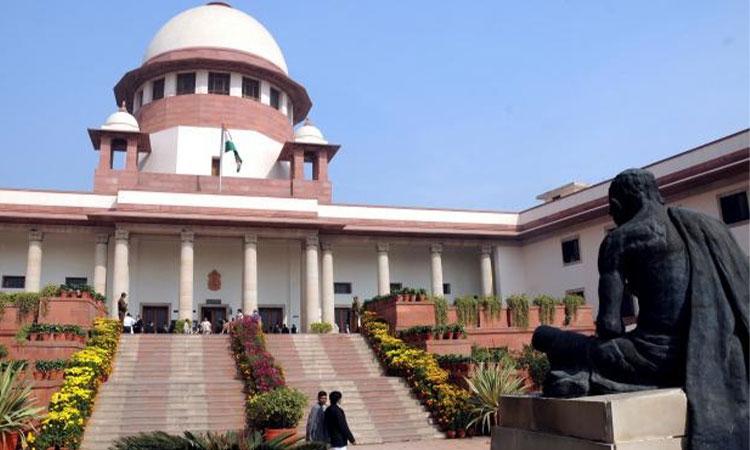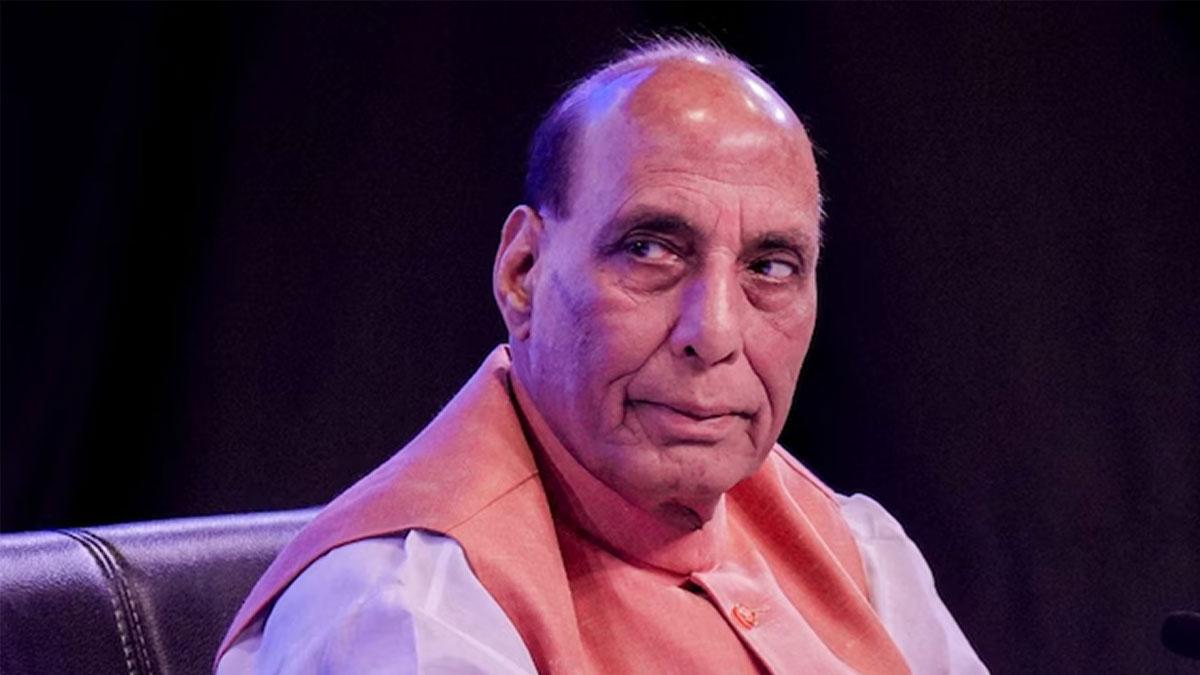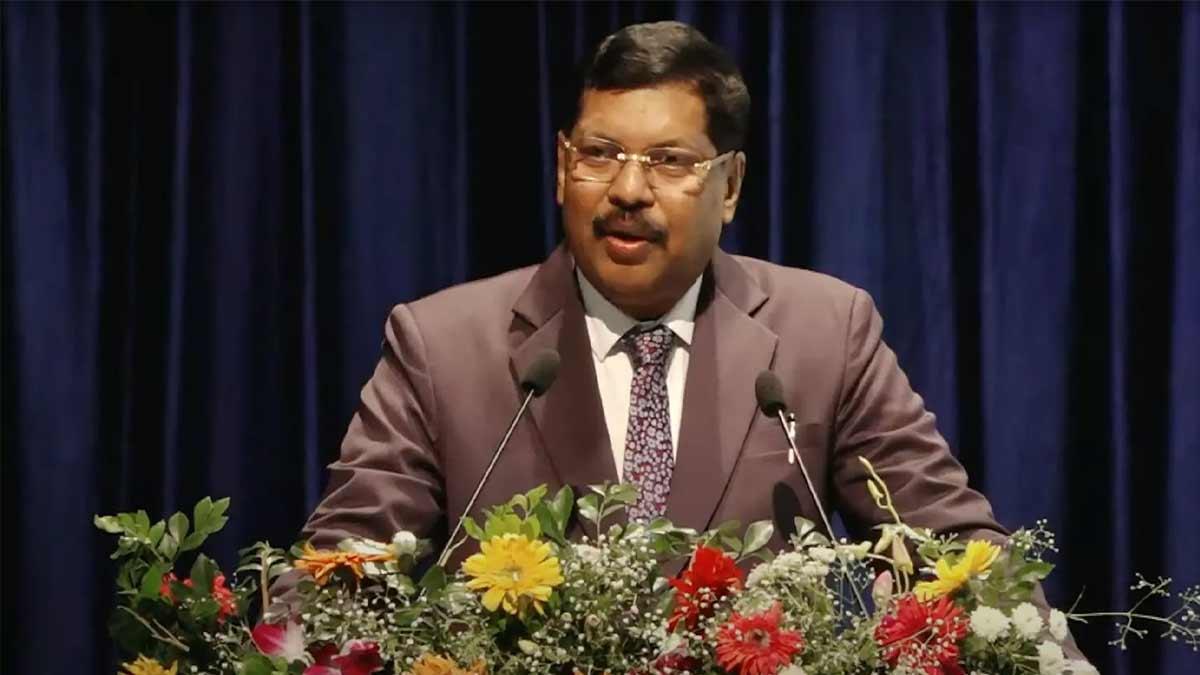The Centre on Tuesday told the Supreme Court that the economically weaker sections (EWS) have been given 10 per cent quota in admissions and jobs out of 50 per cent general category seats without eroding the reservation for SCs, STs, and OBCs.
Attorney General K.K. Venugopal, representing the Centre, submitted before a five-judge bench headed by Chief Justice U.U. Lalit that SCs and STs have been given benefits by way of affirmative actions -- reservation in promotion in government jobs, legislature, panchayat and municipalities -- and the EWS quota does not violate the basic structure of the Constitution, as he defended the 103rd constitutional amendment which provides for 10 per cent quota to the EWS.
He added that the EWS quota has been given without disturbing the 50 per cent quota, which is meant for the socially and economically backward classes (SEBC).
The bench - also comprising Justices Dinesh Maheshwari, S. Ravindra Bhat, Bela M. Trivedi and J.B. Pardiwala -- was hearings on the cases challenging the constitutional validity of the EWS quota.
The AG added that backward classes including the SCs, STs, and OBCs each contained economically weaker sections within themselves, and also the general category consisted of economically weaker sections, which were grossly poor. He contended that SCs, STs and OBCs quota is self-contained sections of backwardness and the EWS quota is separate.
Also Read | In countries like Iran, women are fighting against hijab, Karnataka govt to SC
Therefore, through the amendment, the state provided affirmative actions to such economically weaker sections which did not get benefits under the existing reservations, he said.
Venugopal argued that among the general category there is a section which is grossly poor, that is, the economically weaker section.
Also Read | Larger bench decision's would prevail irrespective of judges' taking majority view: SC
He said EWS quota has been given this for the first time, while SCs and STs are concerned, they have been loaded with the benefits through affirmative actions. Venugopal further added that the general category, having a large population, and perhaps more meritorious, would be disadvantaged of the opportunities in educational institutions and jobs.
The bench queried him on data on EWS in the general category. Venugopal replied that 18.2 per cent in the general category belonged to EWS, and as far as numbers are concerned, it would be about 350 million of the population.


















